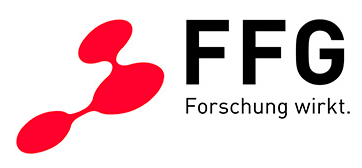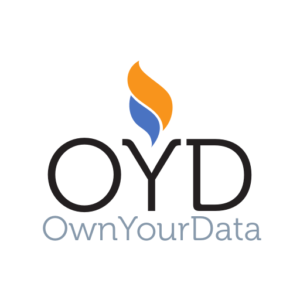Latest News
Updates from the OwnYourData team.
Updates from the OwnYourData team.
One of the goals in our current FFG-funded project IDunion was to develop a framework for managing different data models of Covid19 Credentials. In the course of our project we implemented this functionality through the Semantic Overlay Architecture (SOyA 🌱) and this blogposts provides an introduction to this new technology.
There are currently a few initiatives around the world that want to develop digital vaccination records and bring them to market. However, the past has shown that even established solutions such as the international vaccination certificate (“Yellow Card”) cannot be digitized so easily.
This blog post summarizes the key highlights of the Digital Immunization Passport (DIP) project. We implemented and evaluated an end-to-end workflow for handling immunization information in a human-centric way, and we provided the necessary infrastructure for all participating stakeholders to demonstrated the functionality in real-world use cases: Yellow Fever and Tick-borne encephalitis vaccination. The project […]
OwnYourData & Human Colossus Foundation have been selected for the 2nd phase in the Data Portability & Services Incubator (DAPSI) to continue development of the Digital Immunization Passport project. From September 2020 to January 2021 we developed the first version of a Digital Immunization Passport for Yellow Fever and demonstrated the feasability of such a […]
In the DECTS project – funded by NGI TRUST Grant Agreement No. 825618 – OwnYourData and DEC112 implemented a Proof-of-Concept to demonstrate sharing personal data between an emergency caller and a control room. Read more




